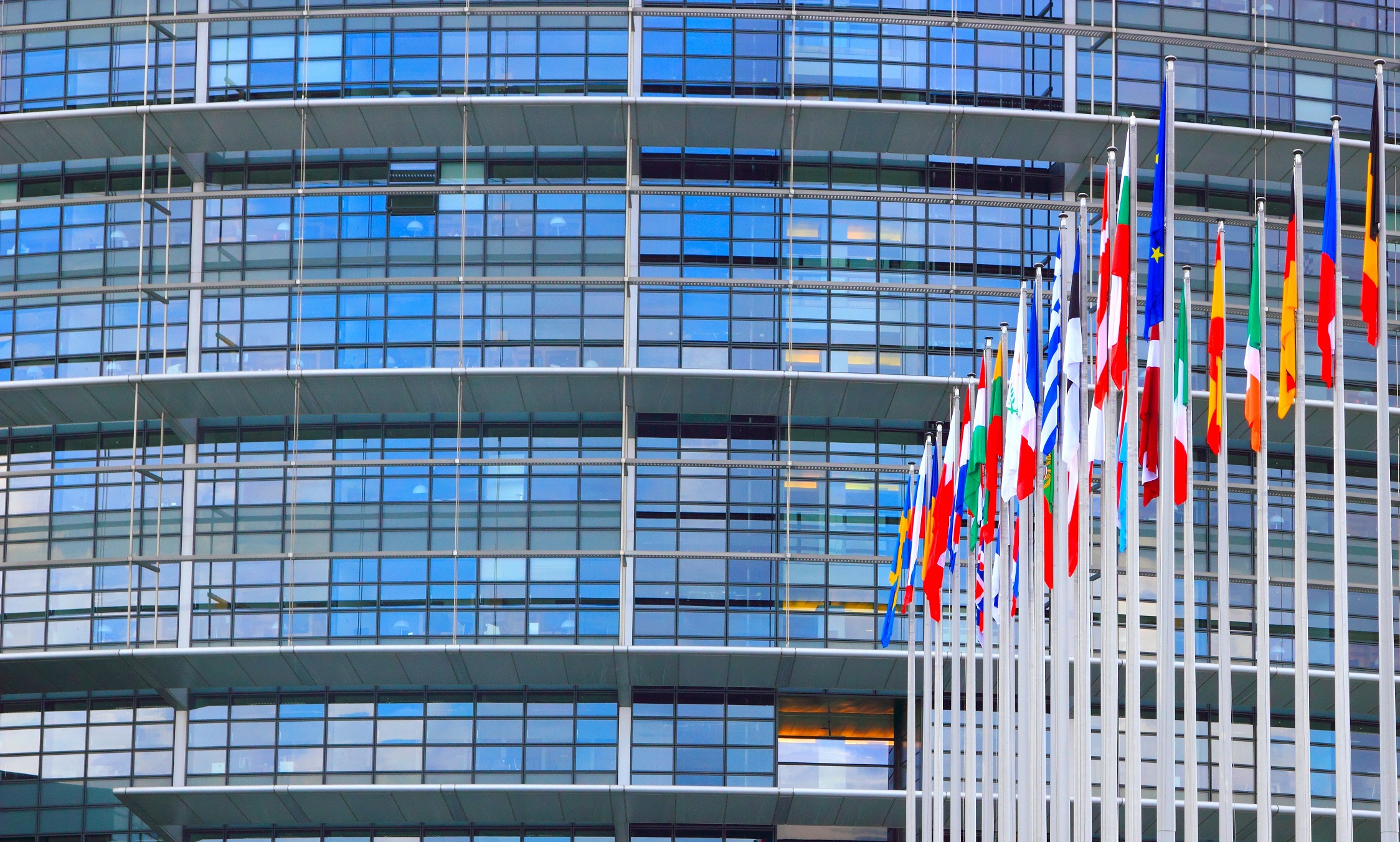A report released by UNESCO, a specialized agency of the United Nations, unveiled that approximately 250 million children worldwide were unable to get an education in 2018. The cause, researchers indicated, was low socioeconomic status and discrimination for educational inequalities which worsened during the recent coronavirus pandemic.
According to the organization, headquartered in Paris, France, children living in poverty, with disabilities, immigrants, and ethnic minorities, were most affected in many regions of the world. The 250 million estimate accounts for up to 17 percent of all school-age children, with the majority residing in parts of Asia and sub-Saharan Africa.
When the novel coronavirus began to impact general populations, more than 90 percent of the student population worldwide experienced implementations that led to closures. While some continued their studies through cyberspace, a considerable amount of students had their education placed into an abrupt halt.
“Lessons from the past—such as with Ebola—have shown that health crises can leave many behind, in particular the poorest girls, many of whom may never return to school,” a UNESCO news release states.
“258 million children and youth were entirely excluded from education, with poverty as the main obstacle to access.”
The UNESCO report also found that “disadvantaged groups are kept out or pushed out of education systems through more or less subtle decisions leading to exclusion from curricula, irrelevant learning objectives, stereotyping in textbooks, discrimination in resource allocation and assessments, tolerance of violence and neglect of needs.”
As the findings infer, UNESCO urges nations to restructure their plans on handling disadvantaged children, especially as schools re-enter their normal operations once the coronavirus pandemic subsides entirely.


